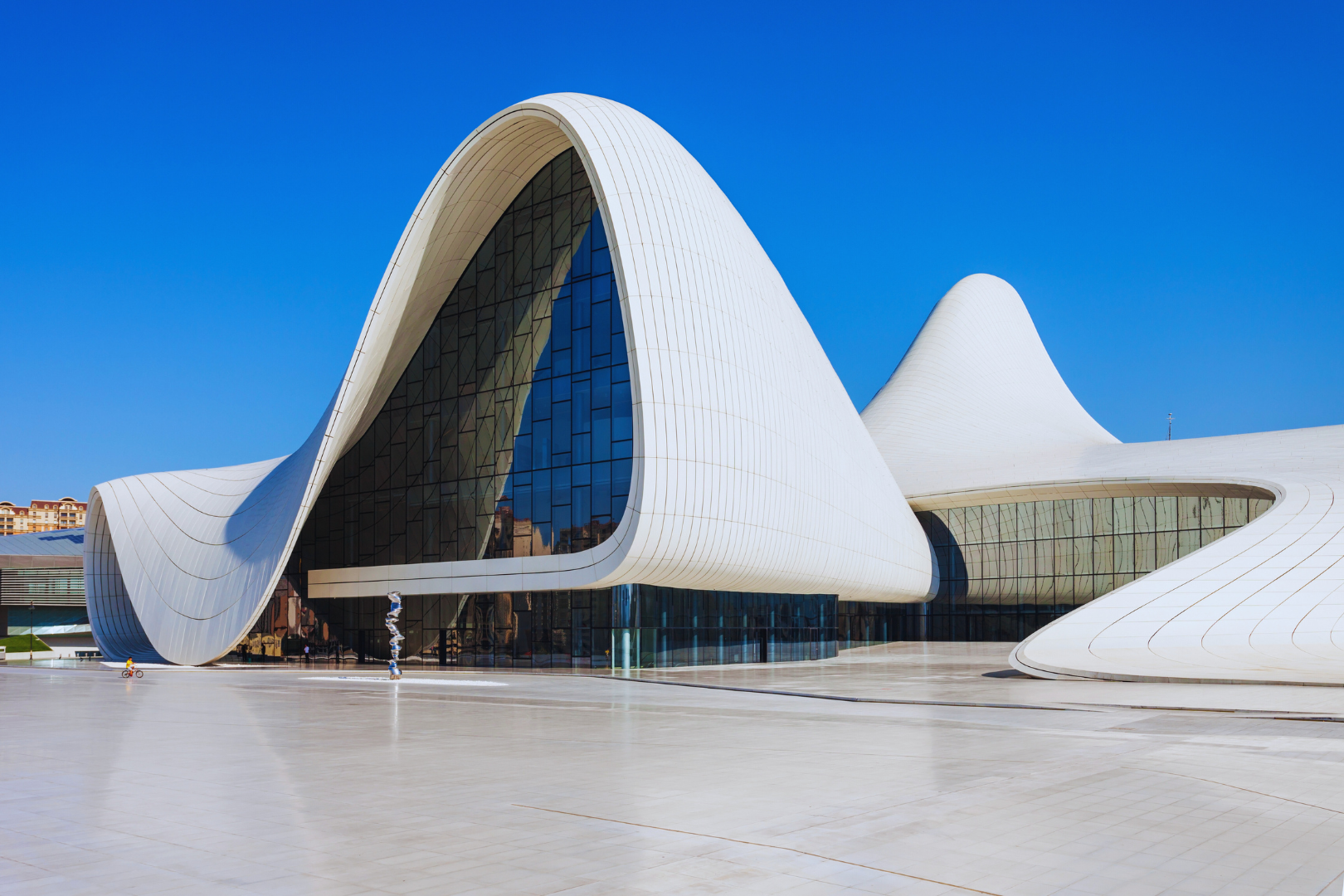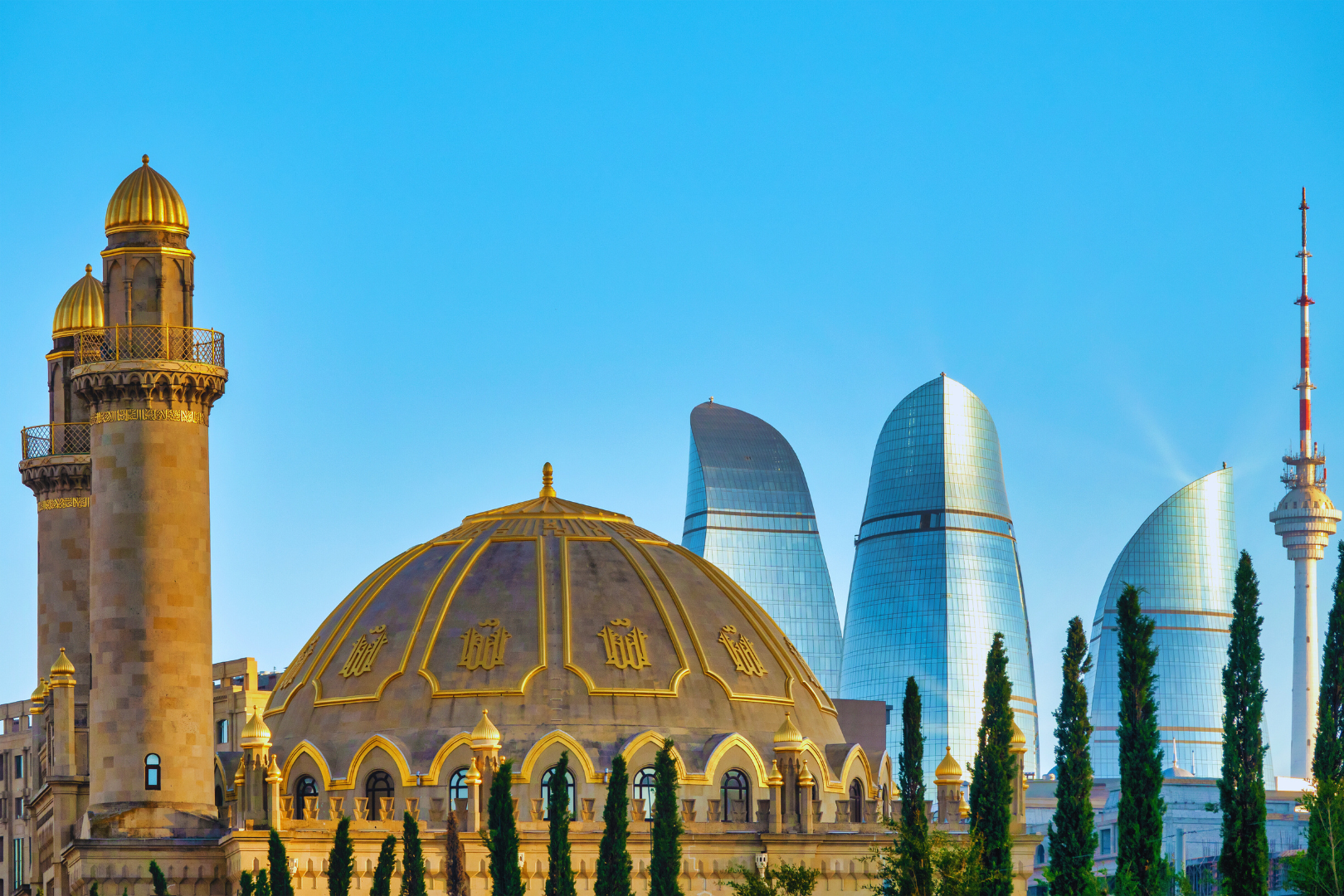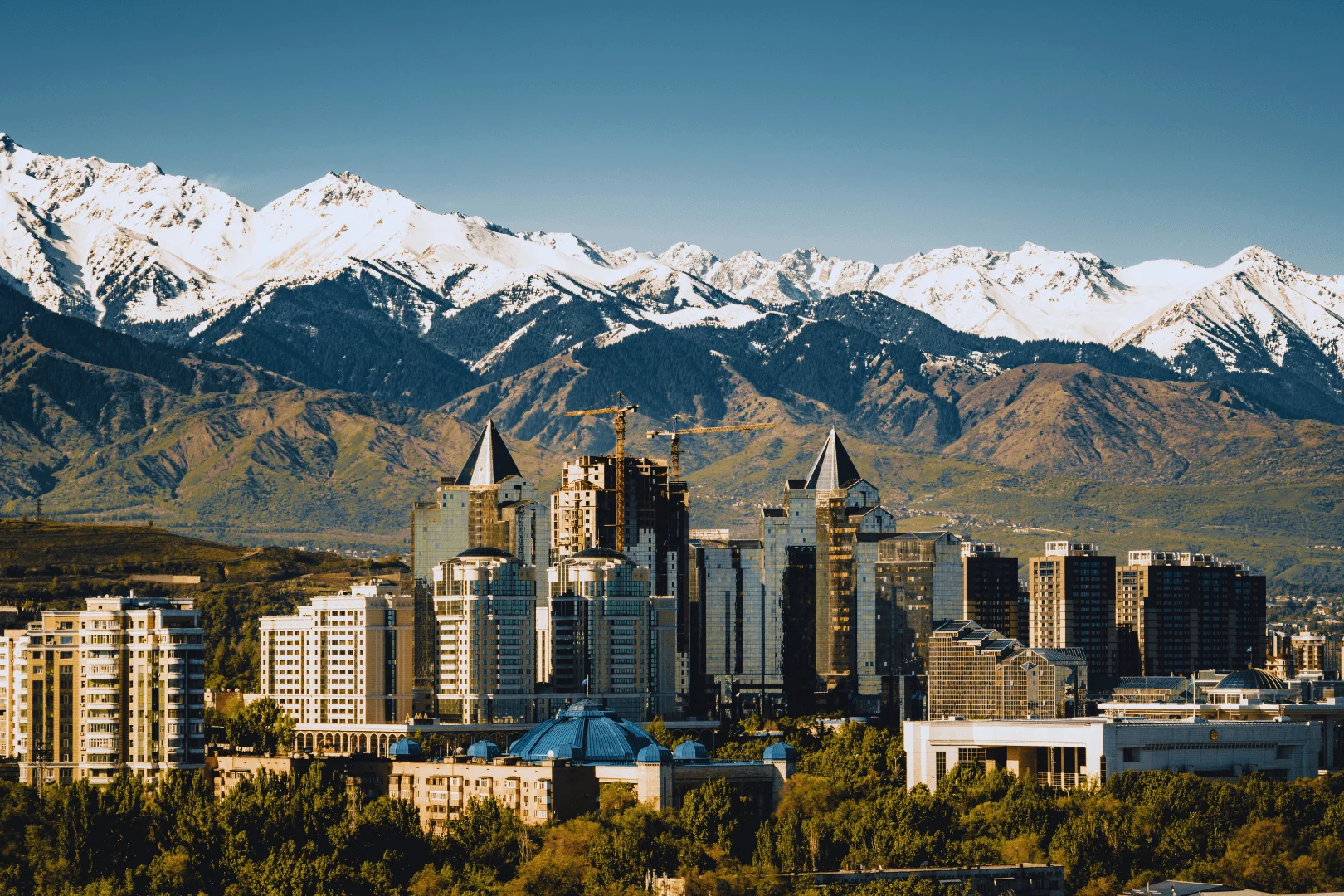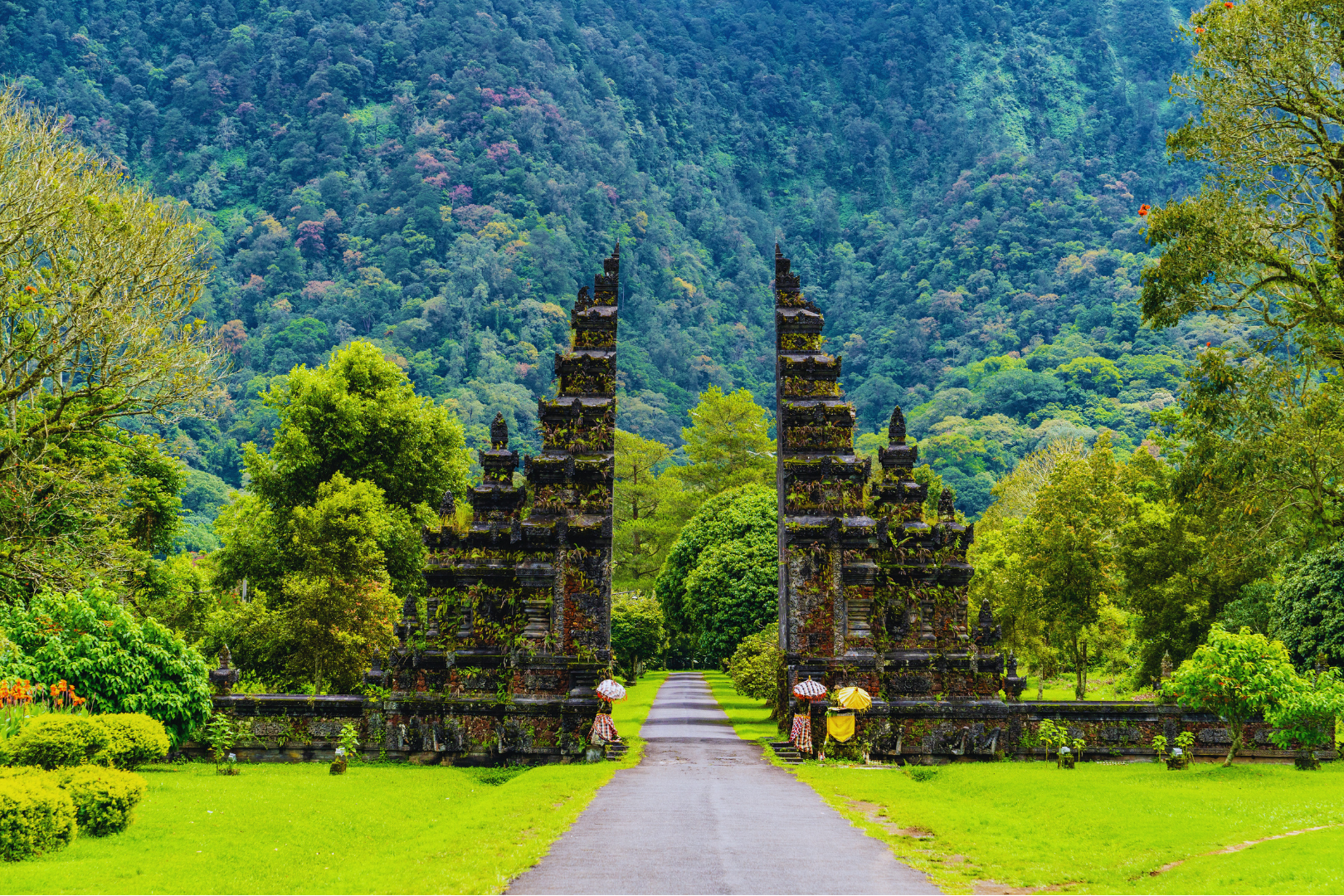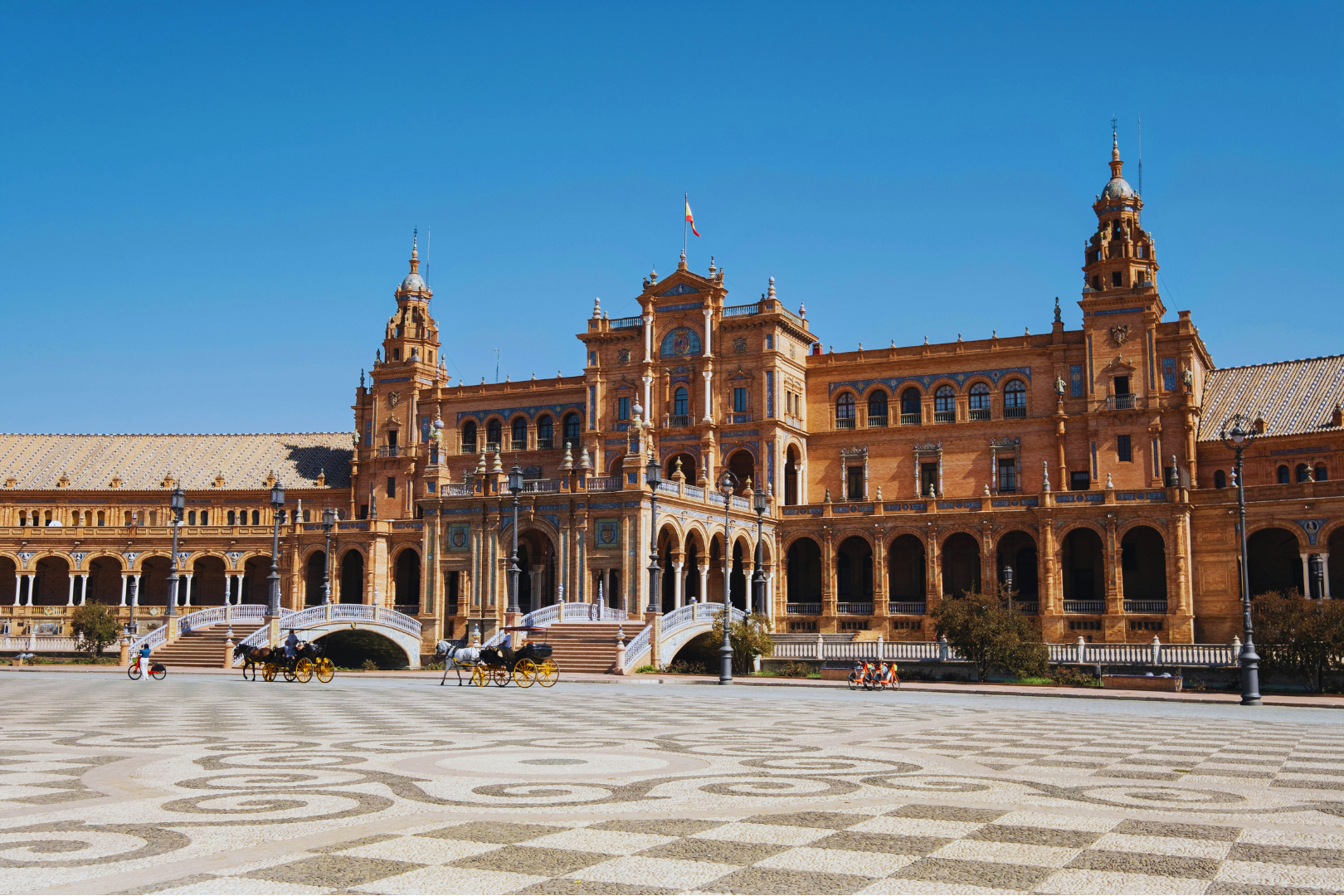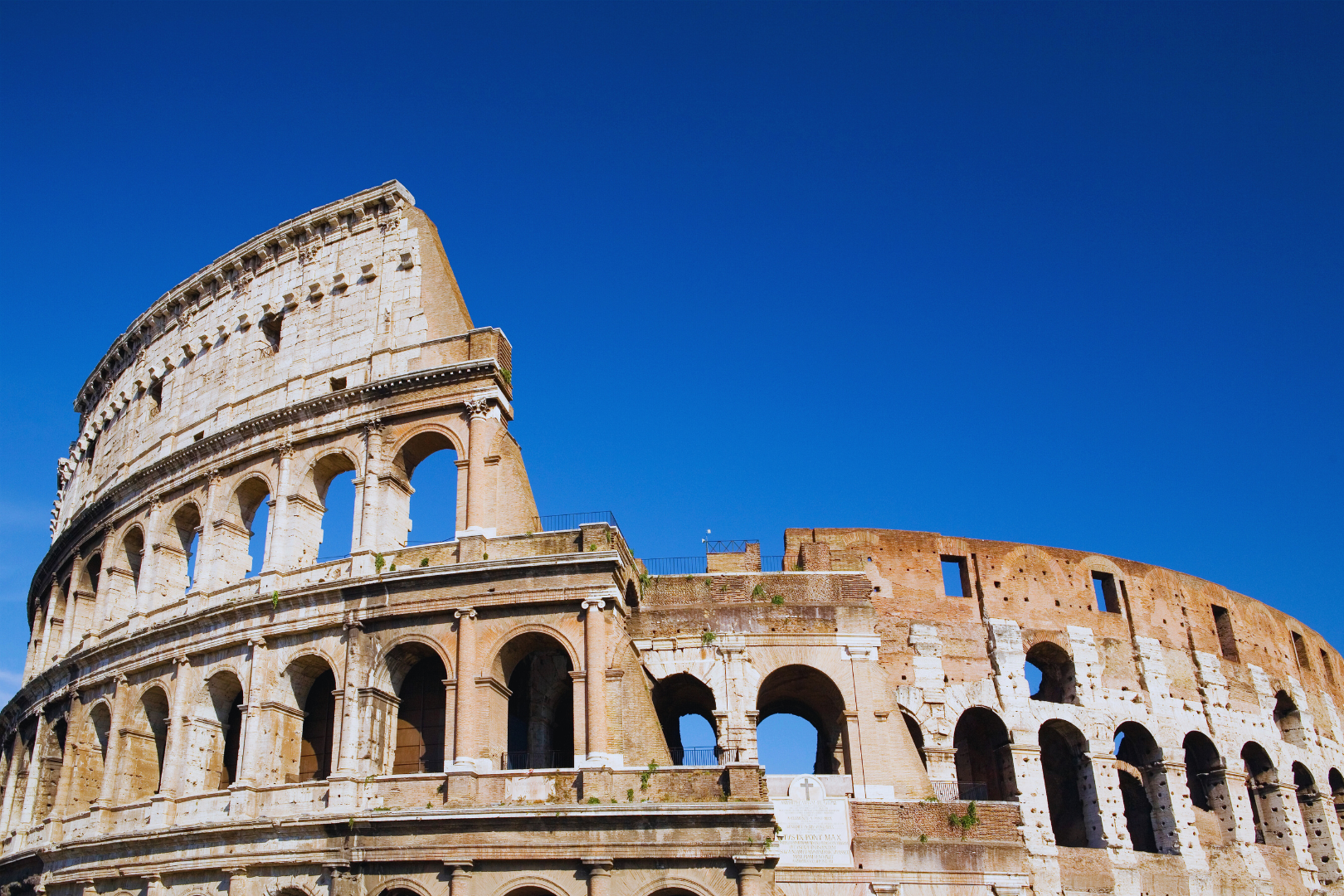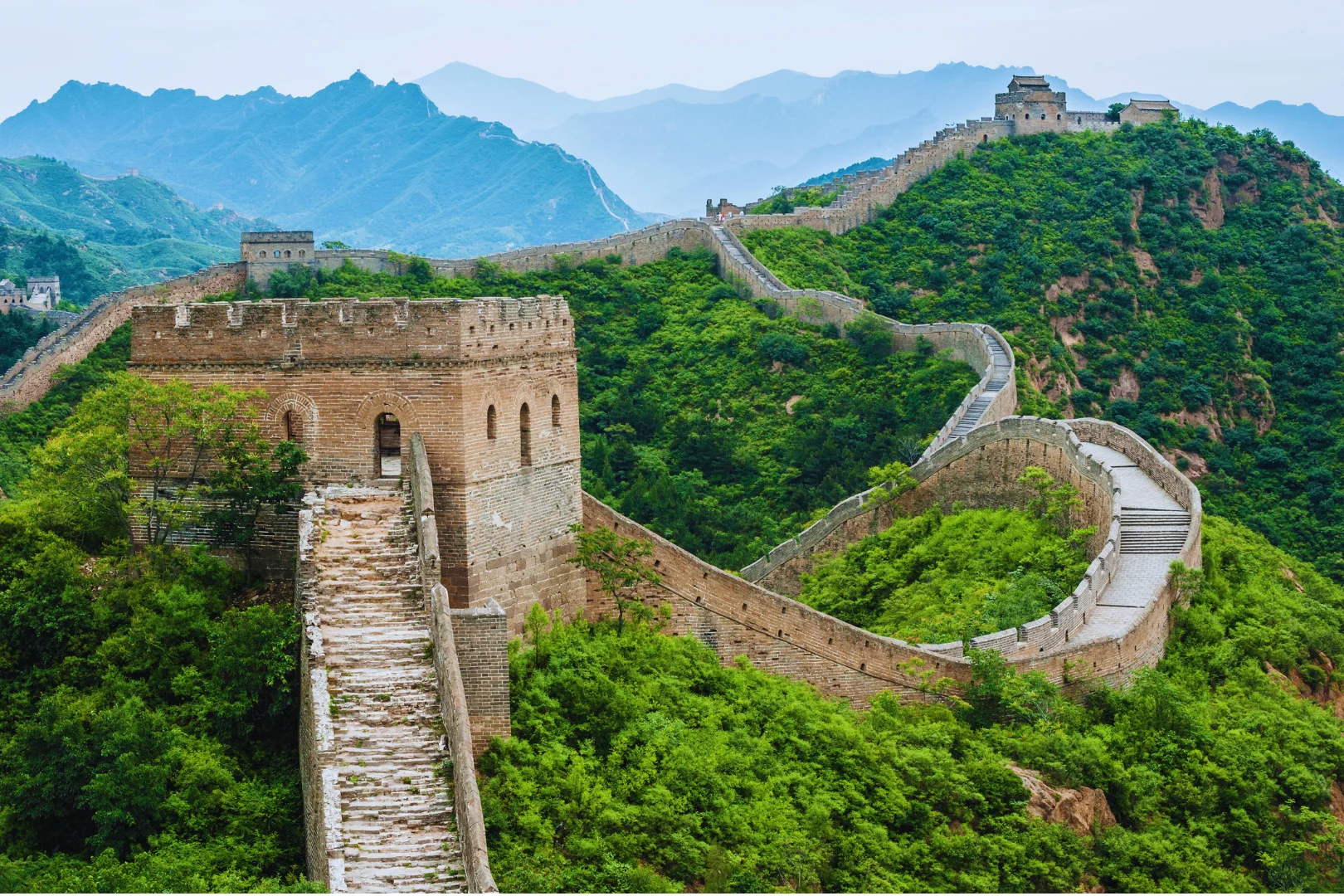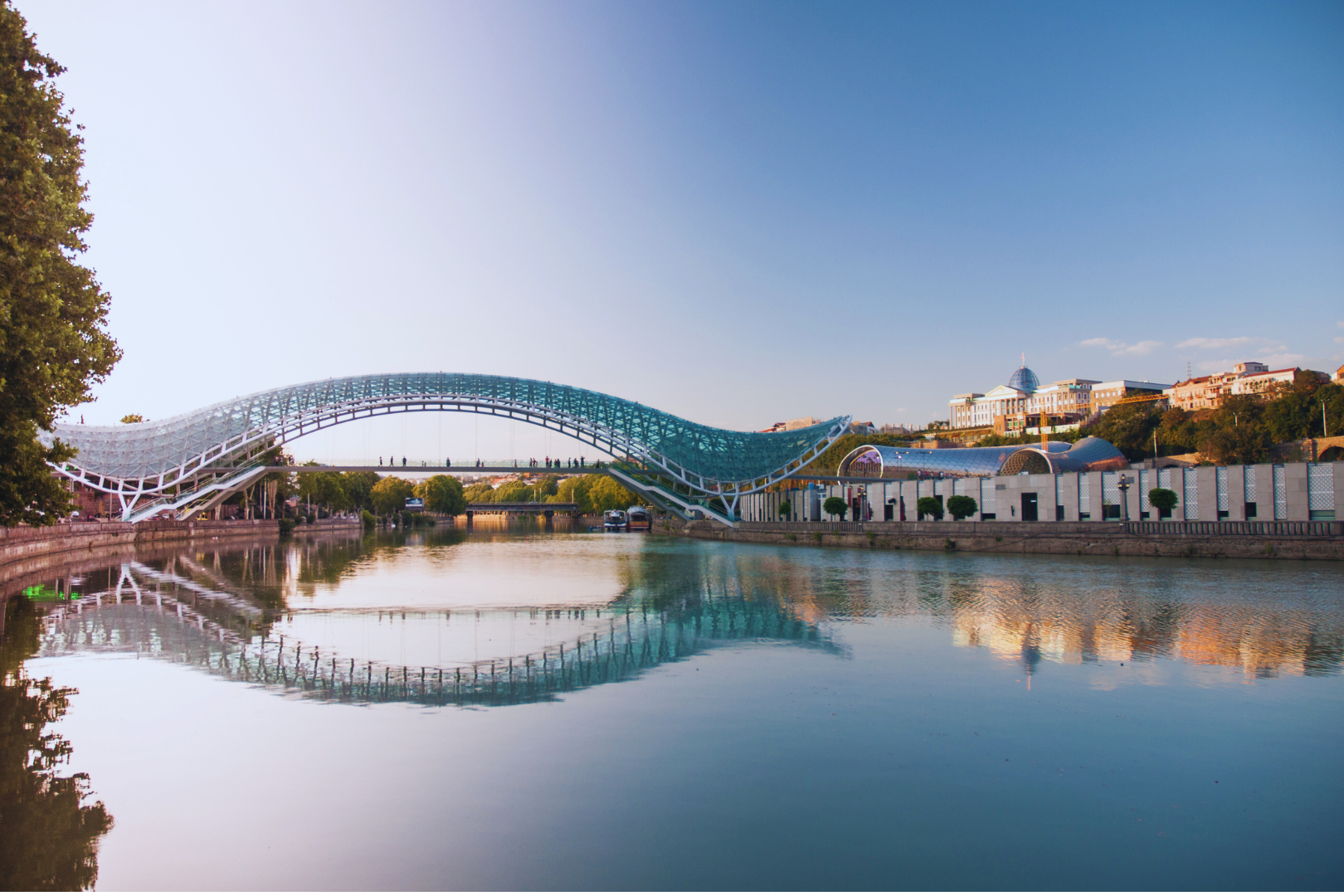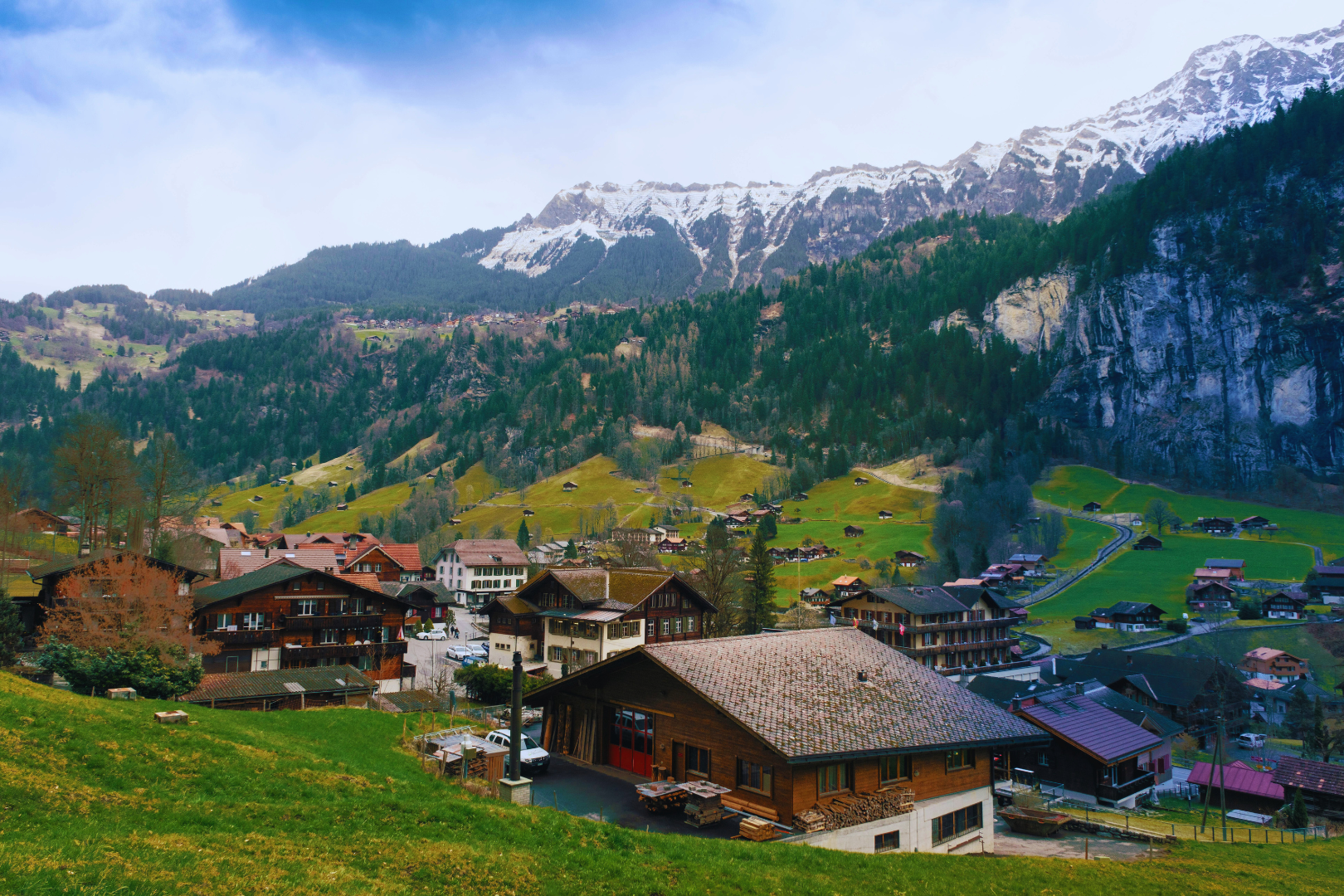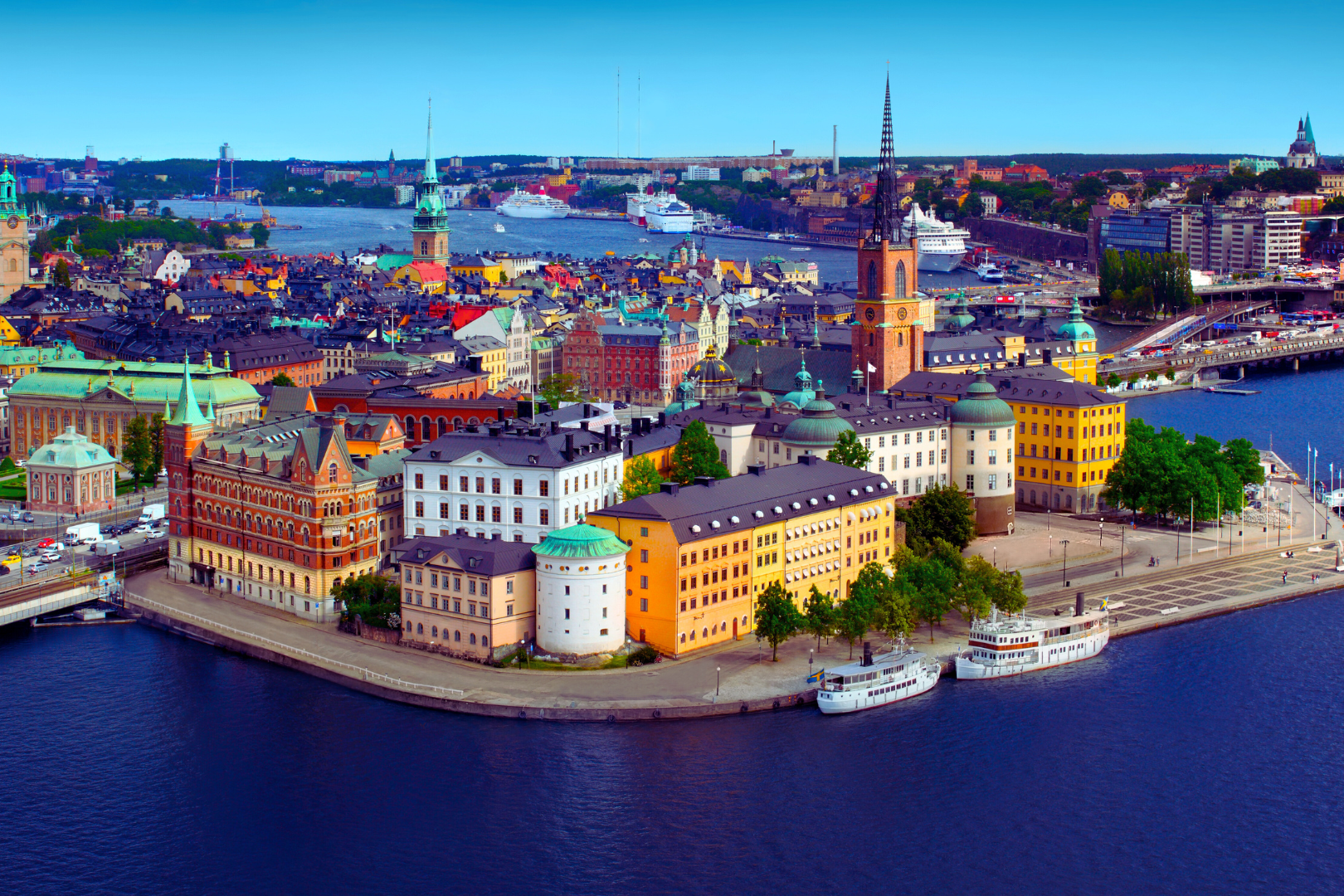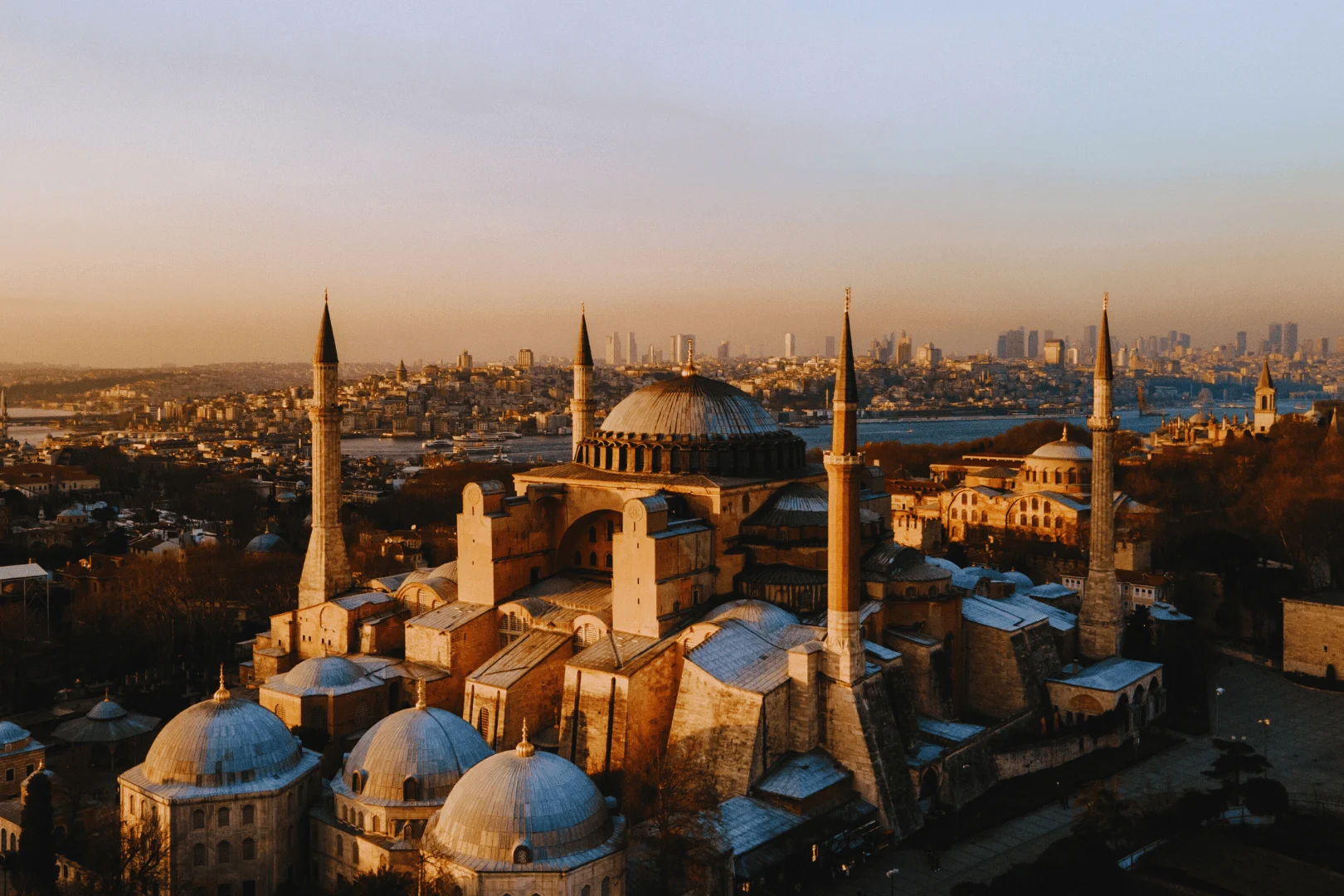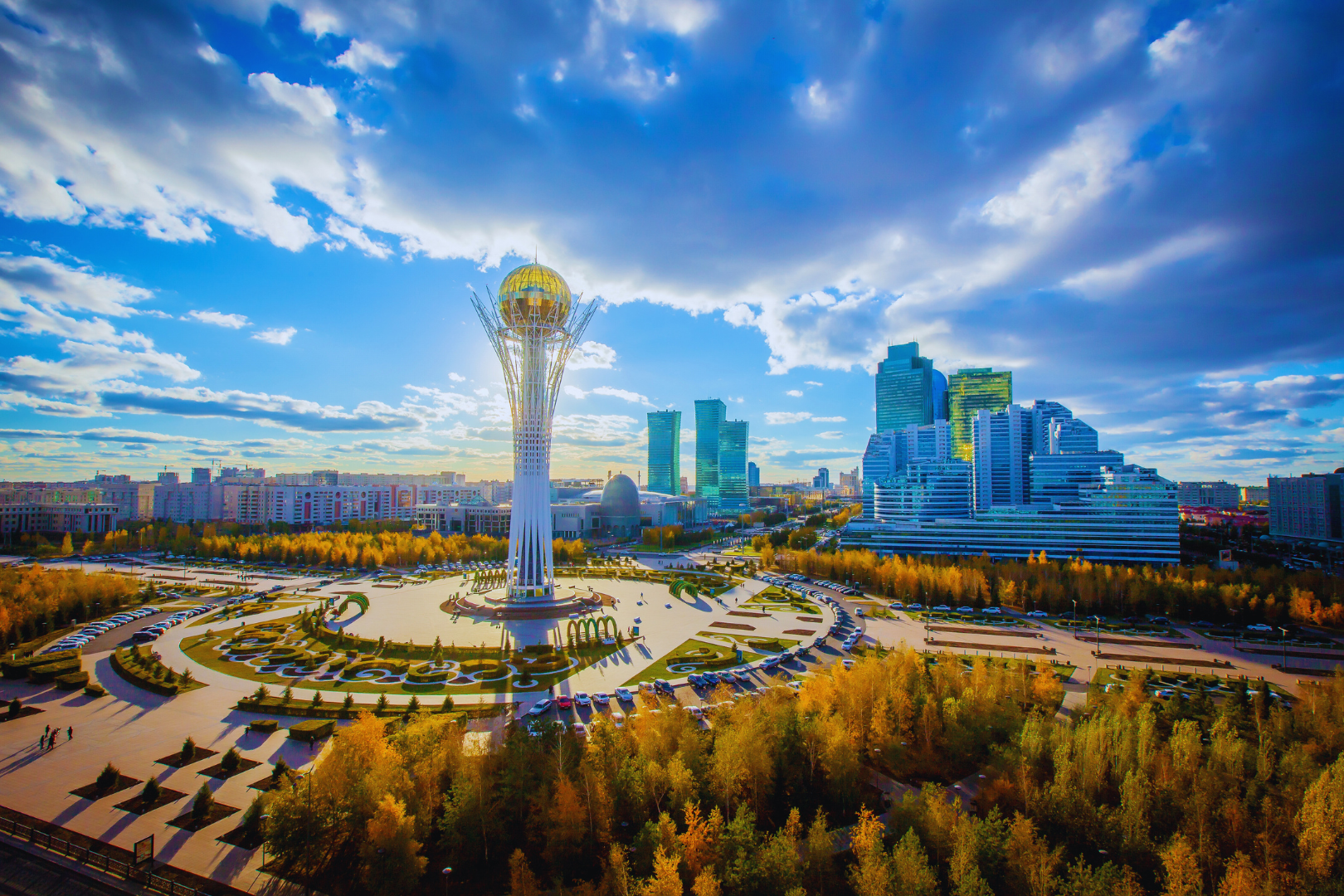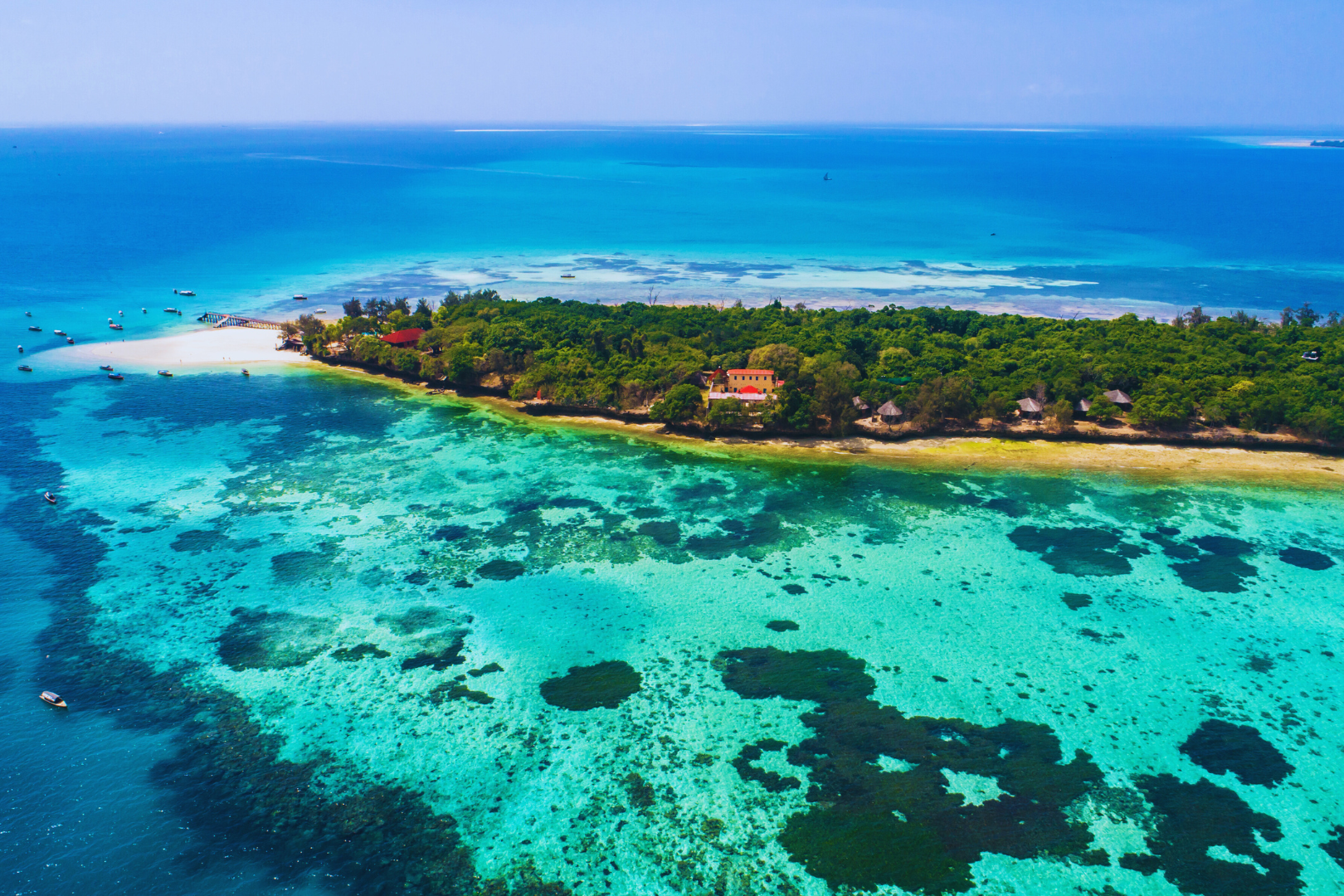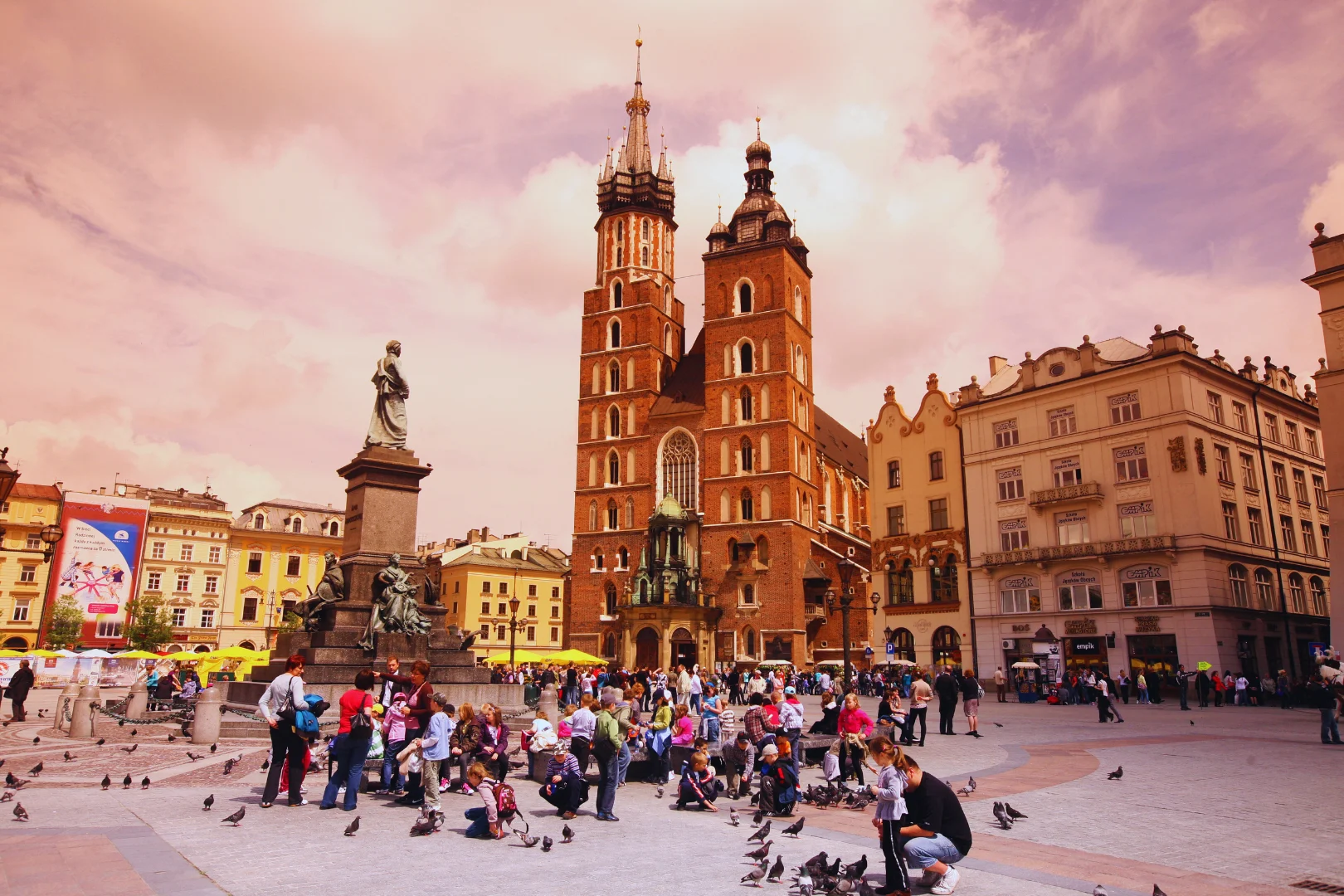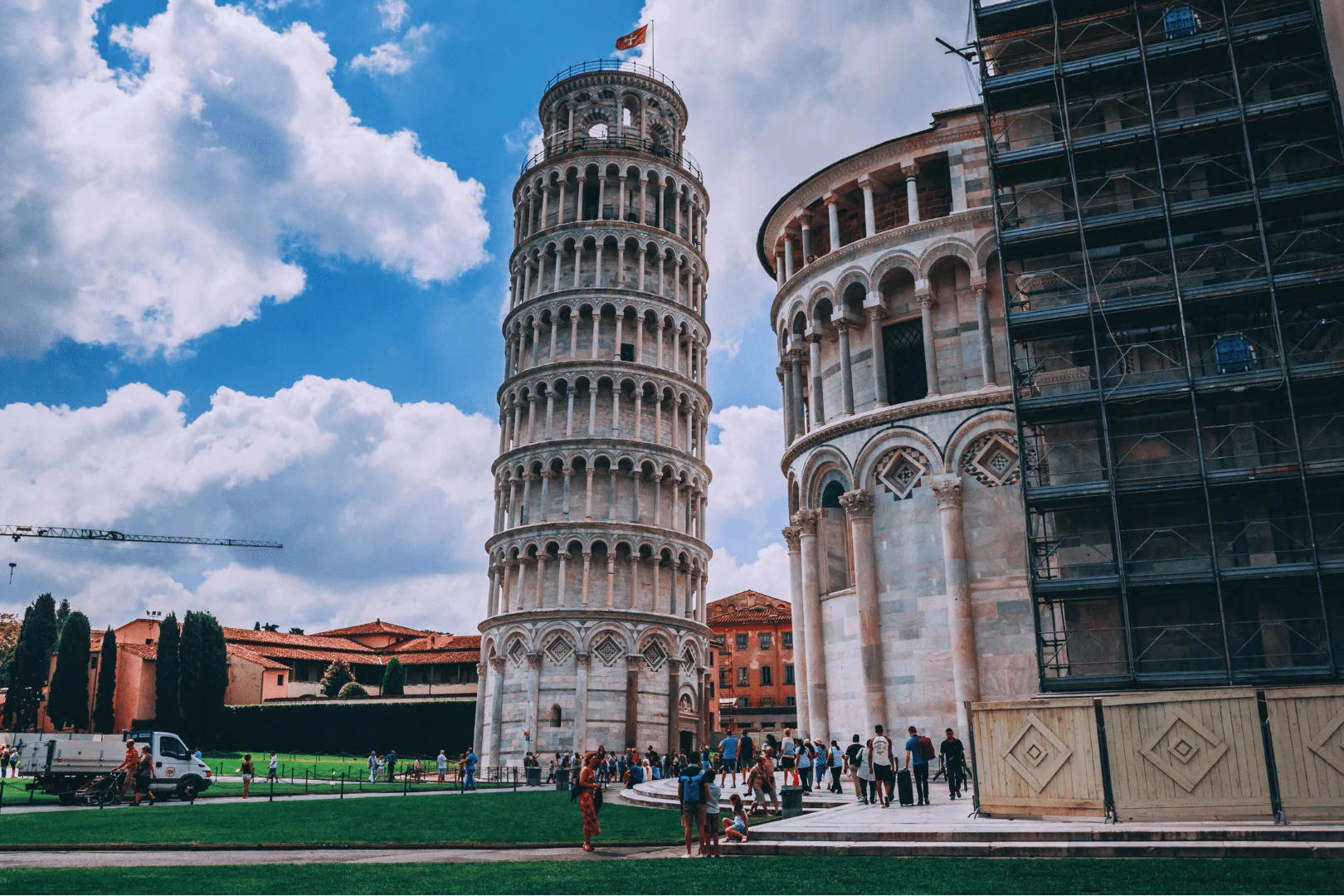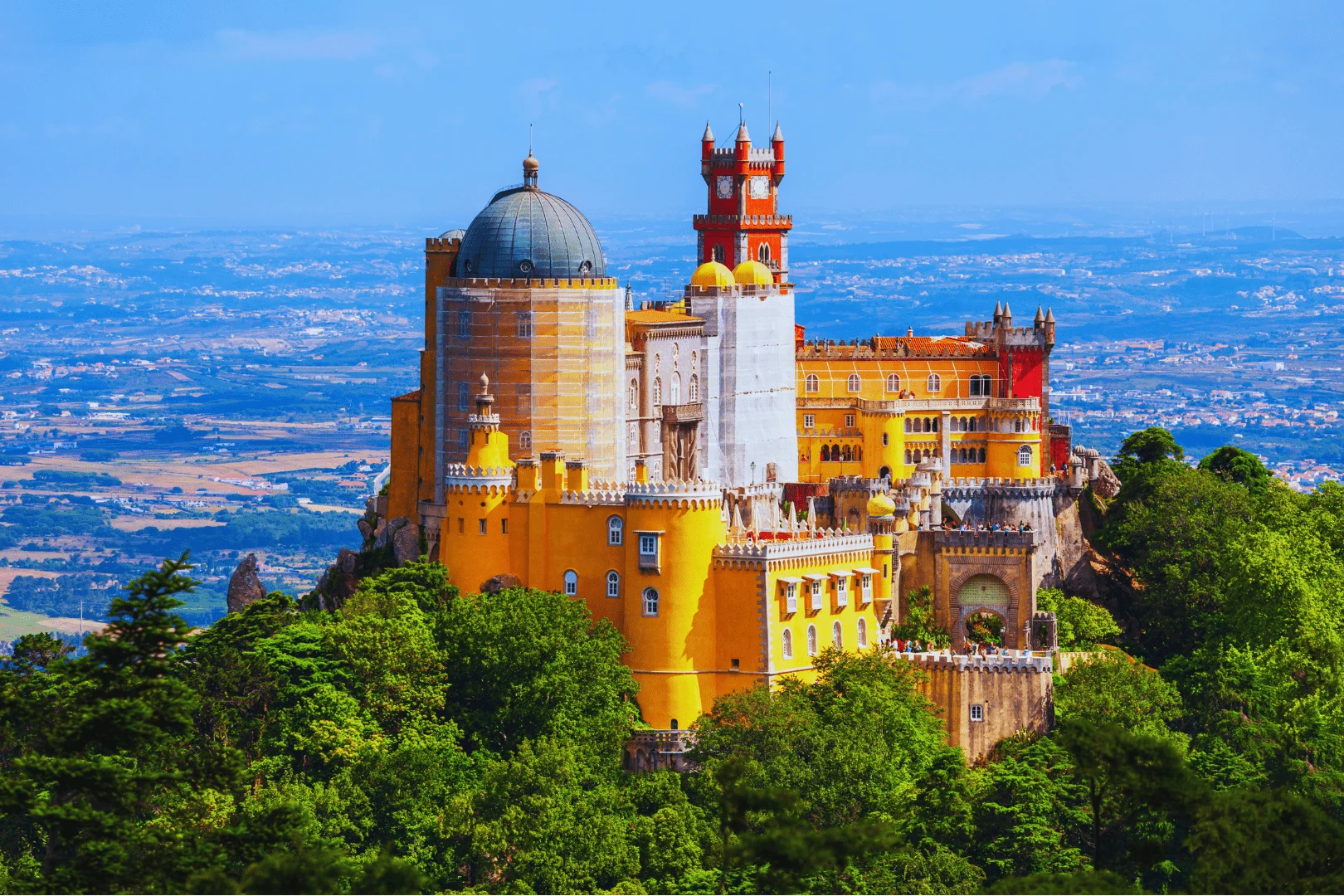Baku: Where Tradition Meets Futuristic Flair
Baku, the vibrant capital of Azerbaijan, is a captivating blend of East and West, ancient and modern. Located on the shores of the Caspian Sea, Baku’s skyline is dotted with ultramodern skyscrapers like the Flame Towers, while its heart still beats in the winding alleys of the UNESCO-listed Old City (Icherisheher). With grand boulevards, buzzing cafes, rich culture, and a unique energy, Baku is quickly becoming one of the most exciting destinations in the Caucasus.
Key Highlights:
- Old Meets New – Walk from medieval walls and palaces to sleek glass buildings in minutes.
- Seaside Charm – The Caspian Sea promenade (Baku Boulevard) offers breezy strolls and lively entertainment.
- Nightlife & Cuisine – Experience a mix of traditional Azerbaijani dishes and cosmopolitan dining, with a nightlife scene that rivals Europe's.
- Art & Innovation – Visit futuristic landmarks like the Heydar Aliyev Center designed by Zaha Hadid, symbolizing Baku’s bold vision.
- Cultural Crossroads – Influences from Persian, Ottoman, Russian, and European empires have shaped the city’s unique cultural mosaic.
Top Tourist Attractions
Icherisheher (Old City) – A maze of stone alleys, mosques, and merchant houses, home to the Palace of the Shirvanshahs and the iconic Maiden Tower.
Flame Towers – Baku’s modern symbol, these three towers light up with LED displays at night and dominate the skyline.
Heydar Aliyev Center – A masterpiece of modern architecture and culture, known for its flowing, wave-like design and world-class exhibitions.
Baku Boulevard – A long seaside promenade perfect for walking, biking, or riding the Ferris wheel with views of the Caspian Sea.
Nizami Street – A major shopping and walking street in downtown Baku with European-style architecture and trendy boutiques.
Ateshgah Fire Temple – An ancient Zoroastrian temple of fire worship located just outside the city, offering insight into pre-Islamic beliefs.
Yanar Dag (Burning Mountain) – A natural gas fire that burns continuously on a hillside—a fascinating natural wonder just outside Baku.
Travel Tips for Baku
Transport: Use Baku Metro or ride-hailing apps like Bolt for affordable transport. Taxis should be negotiated in advance.
Currency Exchange: Exchange money at authorized offices or banks; ATMs are widely available.
Dress Code: While modern, Baku is conservative in some areas—modest dress is advised in religious sites.
Dining: Try traditional dishes like Plov (rice pilaf), Dolma (stuffed grape leaves), and Dushbara (mini dumplings).
Shopping: Visit local markets for carpets, spices, and handmade souvenirs—don’t be afraid to bargain!
Connectivity: SIM cards from Azercell or Bakcell are affordable with good coverage.
Destination Facts: Baku at a Glance
Population: ~2.3 million
Languages: Azerbaijani (official), Russian and English are commonly spoken in tourist areas
Currency: Azerbaijani Manat (AZN)
Best Time to Visit:
Spring (April–June) – Ideal weather for sightseeing and outdoor activities
Autumn (September–October) – Mild climate and fewer crowds
Baku tour Packages
Plan Your Perfect Destination
Frequently Asked Questions (FAQs)
1. Do I need a visa to visit Baku?
Most travelers require an e-visa, which is easy to apply for online and usually approved within a few days.
2. Is English widely spoken in Baku?
While not as common as Russian or Azerbaijani, English is spoken in hotels, major restaurants, and tourist areas.
3. What is the local currency in Baku?
The Azerbaijani Manat (AZN) is the official currency. Credit cards are accepted in most places, but carry cash for smaller shops.
4. Is Baku safe for tourists?
Yes, Baku is generally safe and welcoming to tourists. Exercise regular caution in crowded areas.
5. What are the best areas to stay in Baku?
Downtown Baku, near Fountain Square or Nizami Street, offers the best access to attractions, dining, and nightlife.
6. How do I get around the city?
The Baku Metro is efficient, and taxis are widely available. Use ride-sharing apps for better pricing.
7. What are must-try foods in Baku?
Try kebabs, Piti (meat stew), Qutab (stuffed flatbread), and local sweets like pakhlava and shekerbura.
8. Can I drink tap water in Baku?
It’s better to stick to bottled water, which is cheap and widely available.
9. Are there cultural norms I should know about?
Respect local customs, especially around elders and religious sites. Conservative dress is appreciated in traditional areas.
10. What souvenirs should I bring back?
Popular choices include Azerbaijani carpets, silk scarves, saffron, ceramics, and traditional tea sets.






